Anyone can whip up a soulfully satisfying bisque or a scrumptious pasta with shrimp in just a few easy steps, but the question is: can pregnant women eat shrimp, too? It is quite understandable for a woman with child to be extra cautious with the food she eats. Thankfully, pregnant women can have a mouthful of the small tasty seafood. This article will provide vital information regarding the safety of eating shrimp during pregnancy.
Why are Shrimps Safe to Eat When Pregnant?
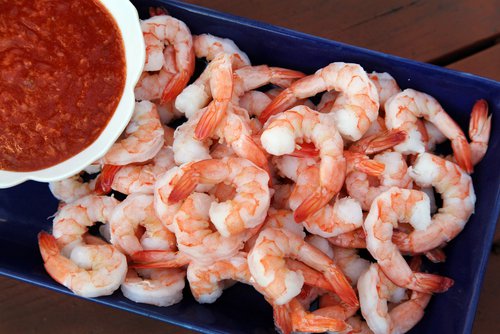
It is imperative for every pregnant woman to consume a complete and balanced diet, which consists of an array of diverse foods to achieve optimal nutritional intake. While seafood is without a doubt a good source of protein and omega-3 fatty acids, a high percentage of pregnant women are reluctant when it comes to eating fish and other aquatic foods due to the rising speculation that seafood, shrimp in particular, is detrimental to the growing fetus.
While some seafood varieties do pose a potential risk of mercury poisoning, shrimp are safe to eat during pregnancy according to the Environmental Protection Agency (EPA) and the Food and Drug Administration (FDA). Both agencies conducted an extensive research to end the rising speculations. Seafood can only be hazardous if it supplies a high amount of mercury. Shrimp have low mercury levels; hence, the human body can easily get rid of the element.
Nonetheless, shrimp lovers should avoid overindulging themselves with the said seafood, but rather, monitor their shrimp consumption. The EPA and the FDA have advised pregnant women to eat not more than 340 grams of well-cooked shrimp each week. Eating shrimp not only supply the body with a good amount of protein but also an array of minerals such as selenium, choline, copper, and iodine.
Seafood Varieties that are Safe to Eat
Apart from shrimp, there are fish that are safe enough for a child-bearing mother to consume. These include the following:
* Anchovies
* Catfish
* Salmon
* Pollock
* Trout
* Pilchards
* Whitebait
* Sardines
* Herring
* Fresh tuna
* Eel
* Cod
* Haddock
* Plaice
* Coley
* Skate
* Hake
* Flounder
* Gurnard
Helpful Reminders
1. Can pregnant women eat crab when pregnant? Yes. Likewise, pregnant women can satisfy their palate and reap the health benefits of lobsters and prawns.
However, make sure you cook crabs, lobsters, and prawns until they become scarlet red while its flesh is milky white in color to eradicate any possible risk of bacterial contamination. While it is safe to eat crab, avoid frozen crab meat and other refrigerated seafood products.
2. Seafood must be bought fresh, rinsed thoroughly, and cooked soon after purchasing it.
3. Avoid sushi and other raw seafood varieties as they pose risk for bacterial contamination and may contain parasitic worms that will deplete your body from essential nutrients.
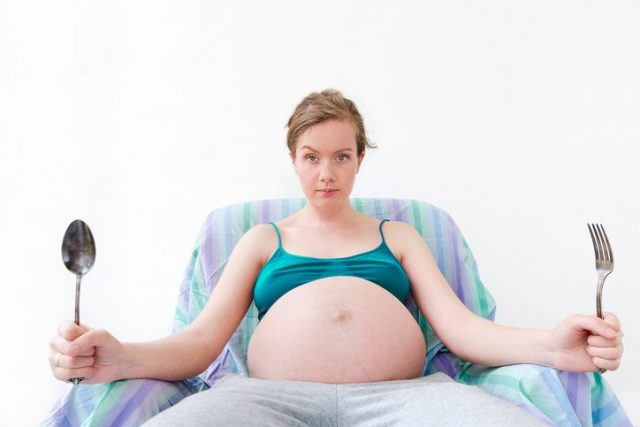
Foods to Avoid During Pregnancy
1. High-mercury seafood
Mackerel, tuna, shark, swordfish, etc. should not be eaten during the gestational period as these foods accumulate high concentrations of mercury. Exposure of the said element increases the risks of stillbirth, miscarriage, and birth defects. Opt for fatty fishes that are abundant in omega-3 fatty acids instead.
2. Undercooked meat and raw foods
Bacteria and parasites such as tapeworms, E.coli, salmonella, and listeria are often found in raw seafood and undercooked meat. Harmful microorganisms are easily passed from the mother to the growing fetus through the placenta.
Moreover, pregnant women should be careful with processed meats as these products may have become contaminated with various pathogens during processing.
Likewise, avoid salads using raw eggs and raw bean sprouts. The seeds may be contaminated by salmonella, which is impossible to wash off.
3. Unpasteurized milk and cheese
Expectant mothers should only consume pasteurized milk and milk products for one’s peace of mind. Raw milk and unpasteurized milk products may contain an array of pathogens that maximize the risk of bacterial infections that are life-threatening for the growing fetus. Avoid soft cheeses such as Brie, Camembert, feta, etc. and opt for hard cheeses such as cheddar and Swiss.
4. Coffee and tea
Although pregnant women aren’t forbidden to drink coffee or tea, they are advised to limit their coffee intake to no more than two cups per day since caffeine is quickly absorbed and passed through the fetus via the placenta. Too much coffee during pregnancy puts the unborn child at risk for chronic illnesses in adulthood, such as heart disease and diabetes.
5. Alcoholic beverages
Pregnant women should never drink any alcoholic beverage as it impairs the cognitive development of the baby she carries. Likewise, it increases the risk of fetal alcohol syndrome, which is characterized by mental retardation and physical deformities.
Summary
“Can pregnant women eat shrimp?” is just one among a myriad of inquiries asked during pregnancy. Expectant mothers always want to make sure their diet promotes optimal nutrition for the benefit of the baby they carry. Hence, it is important to be well-versed with the foods that are actually safe and beneficial, instead of relying on false information. Shrimp and oily fishes, for instance, supply a good deal of nutrients essential for the wellbeing of the mother and child.
[wpdevart_youtube]https://www.youtube.com/watch?v=ceIUBnqwSEI[/wpdevart_youtube]

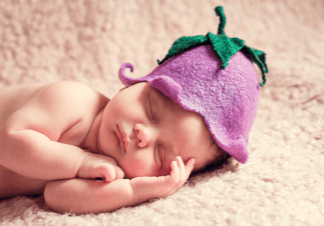




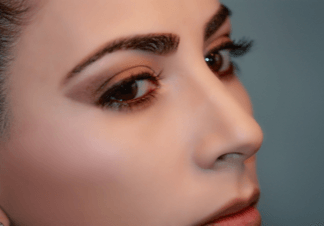
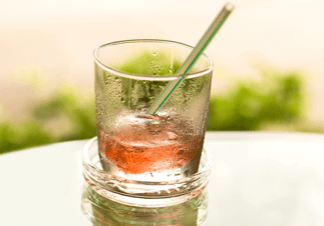


Comment
(0)